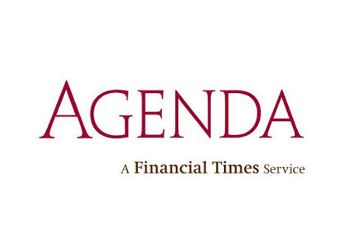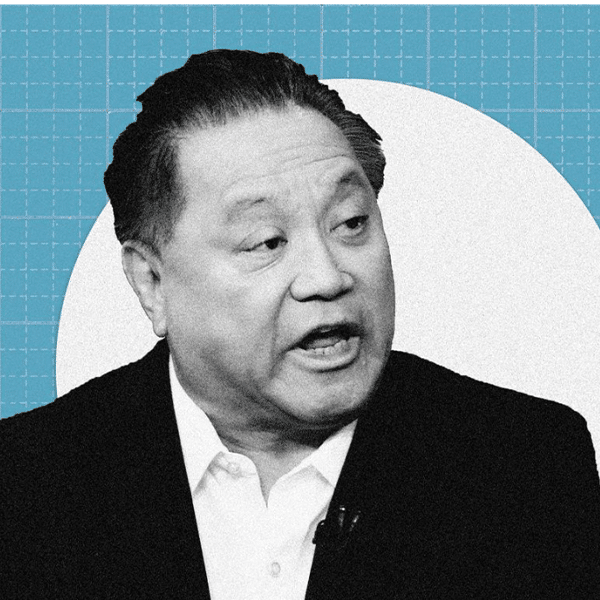Clawing Back Pay in the Wake of #MeToo
By: Agenda
November 19, 2018

The #MeToo movement has led directors to take a harder look at internal policies around harassment, including whether they need the ability to claw back the pay of an executive who is entangled in a sexual misconduct scandal. Indeed, boards wield an incredibly important sword in clawbacks, and it can protect directors if a matter involving a top executive appears in headlines, says Mike Melbinger, a partner with law firm Winston & Strawn.
When it comes to clawbacks, “every development points one way, to developing a better policy. And #MeToo is just one more log on the fire,” he says, adding that the movement, which grew out of the allegations of sexual harassment by media mogul Harvey Weinstein, has brought with it a whole new constituency of people calling for clawbacks.
“If you’re the board, if you don’t have the ability to do something, you’re going to be the ones criticized,” he says. If for no other reason than “self-preservation,” board directors need to ensure that their companies have adequate clawback policies that give them the room to take a hard stance when necessary, Melbinger adds.
Some articles require a paid subscription.

